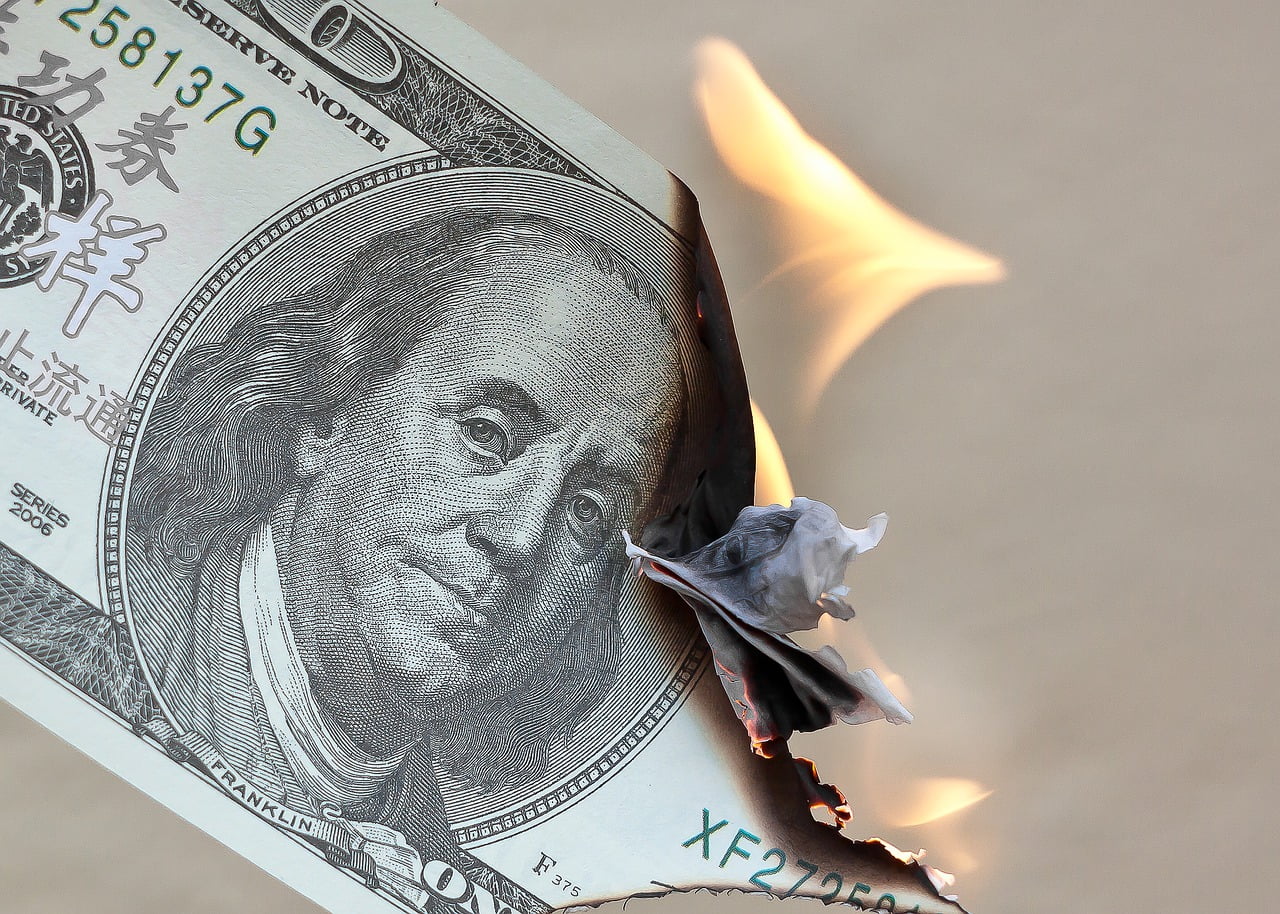Top officials with the Federal Reserve are now saying that they misread inflation. They’re saying that they observed inflation data as very hot for months before moving to wind down their monetary policies that were stimulating the U.S. economy.
Fed Admits Mistake Due To Delay In Dealing With Inflation
Many analysts, economists and former policymakers agreed, telling CNBC that it was a mistake. Former Fed Chair Ben Bernanke told the news outlet that the overall forward guidance “slowed the response to the Fed to the inflation problem.”
Q2 2022 hedge fund letters, conferences and more
Treasury Secretary Janet Yellen also acknowledged the Fed's mistake — and the one that came from her own department. In June, she admitted to senators who asked about their slow response to inflation that both of them "could have probably used a better word than 'transitory'" last year when talking about it.
The Fed is tasked with bringing inflation under control, but it has been running at levels not seen in 40 years. In an attempt to control inflation, the Fed has been hiking interest rates rapidly, but so far, its efforts have not had any significant impact.
The Fed Is Raising Rates Now, But Will It Cut Rates Next Year?
Economist Judd Cramer told CNBC that reining in inflation could require more aggressive shifts in monetary policy than what the central bank has done in recent years. His research suggests the Fed might need to raise rates to levels not seen in decades.
A survey of the New York Federal Reserve suggested that inflation could last through next year. The group predicted that prices will have climbed about 6.8% from current levels by June 2023.
The Fed's primary responsibilities are maintaining price stability and maximizing employment. With jobs appearing so plentiful in the U.S., the central bank might be able to raise interest rates aggressively through next year.
However, Bank of America predicted that the Fed will actually cut interest rates next year. BofA economists predict cuts in September 2023 "to fight a mild recession." Additionally, they expect the fed to end its quantitative tightening, which involves selling assets to reduce liquidity.
The Fed is expected to raise its benchmark rate again today, potentially hiking it by another 75 basis points. Meanwhile, as multiple news headlines suggest that a recession will likely result from the Fed's attempts to control inflation, the Biden administration is trying to convince anyone who will listen that the economy is still healthy.
Thursday Data Point Could Suggest A Recession
On Thursday, the next report on the gross domestic product (GDP) is expected to reveal that the economy shrank for a second consecutive quarter, potentially clearing the way for a declaration that the U.S. is in a recession. According to Politico, Biden administration officials admit that convincing people that the economy is healthy is a tall order amid the runaway inflation.
However, Jared Bernstein, a longstanding Biden aide, told Politico that they aren't "trying to convince anyone that their feelings about the economy are wrong." Rather, he claims that they are trying to "explain things in a much more nuanced way than most people are getting from the daily news flow."
Still, Yellen declared on NBC's Meet the Press on Sunday that the U.S. economy is not "in recession." Senior Biden aide Gene Sperling and National Economic Council Director Brian Deese reportedly made similar comments.
Meanwhile, a survey conducted by Fox News revealed that most Americans believe the nation is in a recession.






